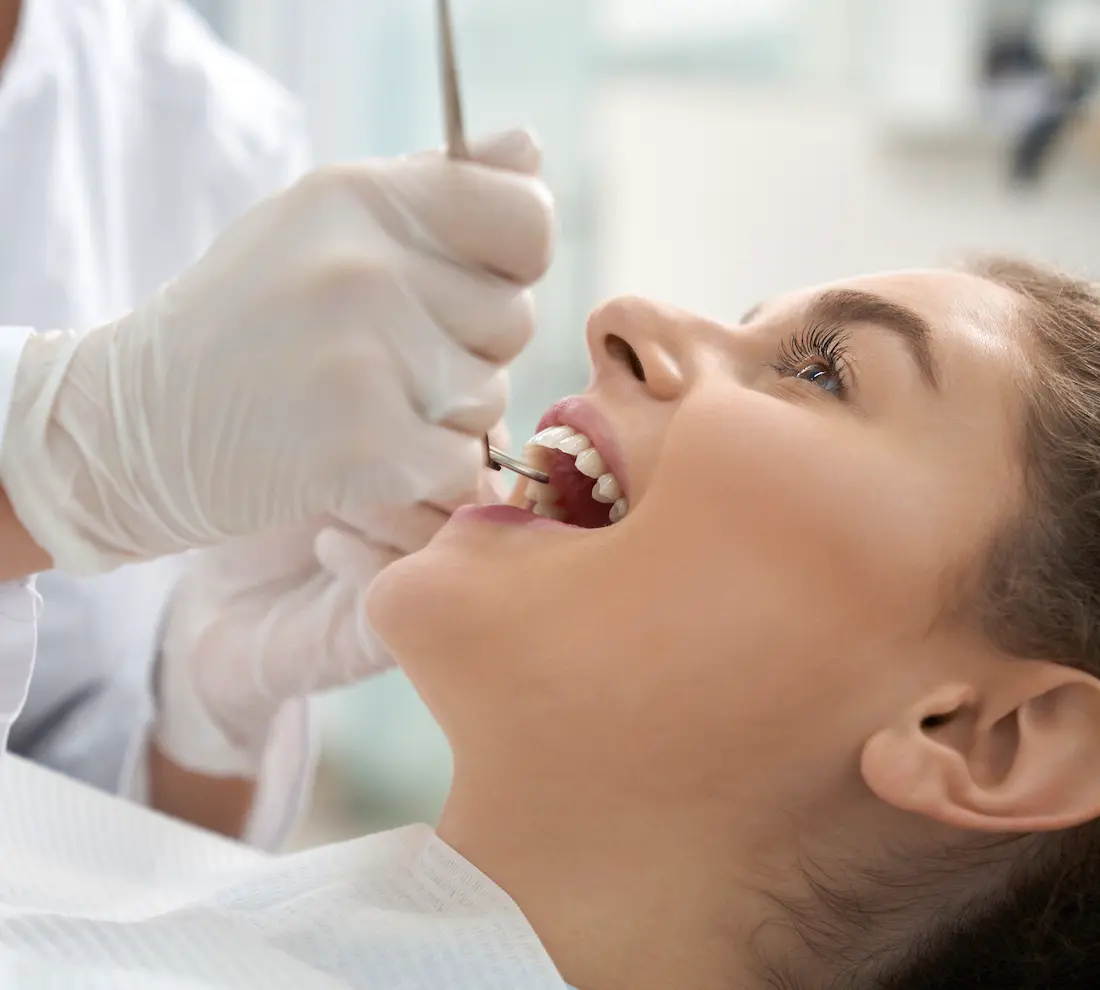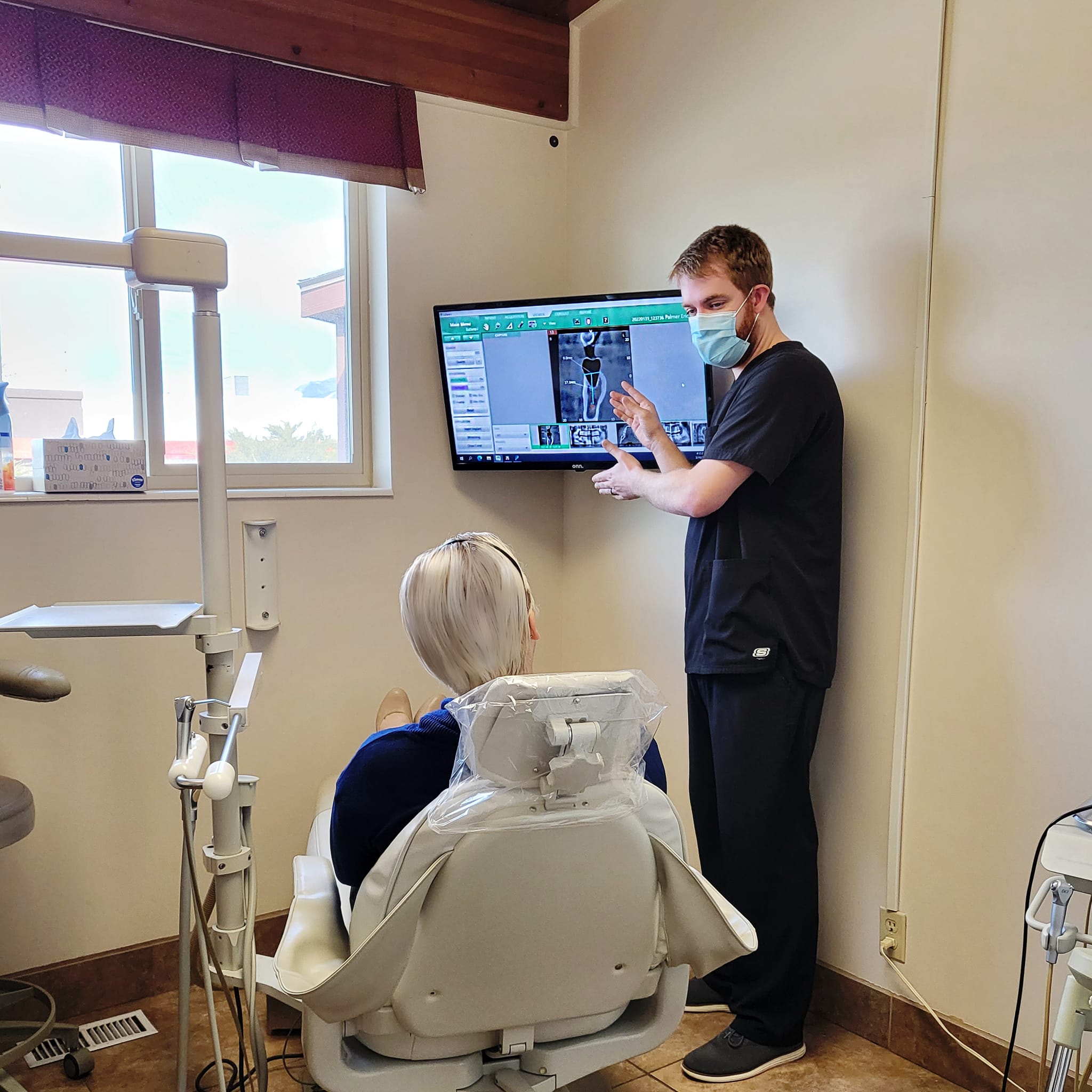
Walking out of the dentist’s office with fresh, squeaky-clean teeth should feel amazing, right? But for some people, it’s the opposite—they feel drained, achy, or even downright exhausted. If this sounds familiar, you’re not alone. A routine cleaning might not seem like something that should wipe you out, but there are actually a few surprising reasons why it happens.
Whether it’s the stress of the appointment, jaw tension from keeping your mouth open, or even your body’s response to all that scraping and polishing, there’s more to it than meets the eye. Let’s break down why a simple cleaning can leave you feeling like you just ran a marathon.
Why do some people experience fatigue after professional teeth cleaning?
Some people experience fatigue after professional teeth cleaning due to physical, mental, and physiological factors that occur during and after the procedure. Here’s why:
- Inflammation and Healing Response: During a professional cleaning, the dental hygienist uses tools to remove plaque and tartar buildup from teeth and gums. This process can cause mild inflammation in the gums, particularly if there’s existing gum disease or inflammation. The body’s natural healing response to this inflammation can lead to temporary fatigue as it works to repair any minor damage or irritation.
- Stress and Anxiety: For some individuals, the thought or experience of dental cleanings can cause anxiety or stress, leading to mental exhaustion. The physical discomfort, even if mild, and the time spent in the dental chair can drain energy, especially for those who fear dental procedures. This stress can contribute to feelings of tiredness afterward.
- Increased Blood Flow to Gums: Cleaning teeth can increase blood circulation in the gums and mouth. If there is significant tartar or plaque buildup, the gums may be sensitive, leading to a rush of blood to the area. This can cause a temporary feeling of tiredness as the body works to respond to the stimulation.
While it’s common to feel tired after a professional teeth cleaning, fatigue usually passes within a few hours as the body recovers from minor inflammation and stress. If fatigue persists, it may be worth discussing it with your dentist.
What causes exhaustion following a dental cleaning?
Exhaustion following a dental cleaning can result from physical and mental factors. Here are some common causes:
- Gum Inflammation and Healing Response: During a dental cleaning, plaque and tartar are removed from the teeth and gums. This process can irritate the gums, especially if pre-existing gum disease or inflammation occurs. The body’s natural healing response to this irritation can lead to mild inflammation, which might cause fatigue as the body works to repair the affected tissues.
- Physical Discomfort and Tension: Dental cleanings often require patients to remain in a fixed position for an extended period with their mouths open. This can cause tension in the jaw, neck, and facial muscles. For some, this physical strain can contribute to feelings of exhaustion afterward.
- Stress and Anxiety: For many people, dental visits can be stressful or anxiety-inducing. The mental effort of managing dental fear or discomfort during the procedure can leave some individuals feeling mentally and physically drained once the cleaning is finished.
- Increased Blood Flow to the Mouth: The cleaning process may stimulate blood circulation to the gums, particularly if there is inflammation or infection. This increased blood flow can leave some people feeling slightly fatigued afterward.
- Lingering Sensitivity or Discomfort: If the teeth or gums are particularly sensitive, or if there’s been an aggressive cleaning (for example, in cases of heavy plaque or tartar buildup), the discomfort can lead to fatigue as the body responds to the irritation.
In most cases, the exhaustion is temporary, and energy levels return to normal after a short rest period. If the fatigue persists or is accompanied by pain or swelling, it’s important to consult your dentist to ensure no underlying issues.
How can a routine teeth cleaning lead to feelings of tiredness?
Routine teeth cleaning can lead to feelings of tiredness for several physical and psychological reasons. Here are the main factors:
- Gum Irritation and Inflammation: During a cleaning, the dental hygienist uses tools to remove plaque and tartar from the teeth and gums. If there is gum disease or inflammation, this process can further irritate the gums, leading to mild inflammation. The body’s natural healing response to this irritation can cause fatigue as it works to repair the affected tissues.
- Physical Discomfort: Cleaning can pressure the teeth and gums, especially if there is a lot of buildup. The physical strain of keeping the mouth open for a prolonged period and using dental tools can cause tension in the jaw, face, and neck muscles. This tension can contribute to a feeling of tiredness afterward.
- Stress and Anxiety: Many people experience anxiety before or during dental cleanings, particularly if they have a fear of the dentist or dental procedures. The mental and emotional effort of managing this anxiety can lead to feelings of exhaustion once the procedure is over.
- Increased Blood Flow: Cleaning stimulates circulation in the gums. If the gums are sensitive or inflamed, increased blood flow can cause temporary fatigue as the body responds to the stimulation.
- Mental Fatigue: For some, the noise and sensation of dental tools can be overwhelming, leading to mental fatigue. The effort to stay still and endure the procedure can leave a person feeling drained afterward.
While it is common to feel tired after routine cleaning, the exhaustion is usually temporary. It resolves as the body recovers from the mild irritation and tension caused by the procedure. If the fatigue is persistent or severe, speaking with your dentist to rule out any underlying issues is a good idea.
Is it normal to feel drained after a visit to the dentist for cleaning?
Routine teeth cleaning can lead to feelings of tiredness for several physical and psychological reasons. Here are the main factors:
- Gum Irritation and Inflammation: During a cleaning, the dental hygienist uses tools to remove plaque and tartar from the teeth and gums. If there is gum disease or inflammation, this process can further irritate the gums, leading to mild inflammation. The body’s natural healing response to this irritation can cause fatigue as it works to repair the affected tissues.
- Physical Discomfort: Cleaning can pressure the teeth and gums, especially if there is a lot of buildup. The physical strain of keeping the mouth open for a prolonged period and using dental tools can cause tension in the jaw, face, and neck muscles. This tension can contribute to a feeling of tiredness afterward.
- Stress and Anxiety: Many people experience anxiety before or during dental cleanings, particularly if they have a fear of the dentist or dental procedures. The mental and emotional effort of managing this anxiety can lead to feelings of exhaustion once the procedure is over.
- Increased Blood Flow: Cleaning stimulates circulation in the gums. If the gums are sensitive or inflamed, increased blood flow can cause temporary fatigue as the body responds to the stimulation.
- Mental Fatigue: For some, the noise and sensation of dental tools can be overwhelming, leading to mental fatigue. The effort to stay still and endure the procedure can leave a person feeling drained afterward.
While it is common to feel tired after routine cleaning, the exhaustion is usually temporary. It resolves as the body recovers from the mild irritation and tension caused by the procedure. If the fatigue is persistent or severe, speaking with your dentist to rule out any underlying issues is a good idea.
Understand Why Professional Teeth Cleanings Can Cause Fatigue!
At Gentle Touch Family Dentistry, we know that some patients feel tired after a professional teeth cleaning, and it’s more common than you might think. The cleaning process can cause mild gum irritation, muscle tension, and, for some, mental stress. These factors may lead to a temporary feeling of exhaustion.
Our team is here to ensure your experience is as comfortable as possible and to explain any post-cleaning sensations. If you experience fatigue after your visit, feel free to contact us—we’re here to help!



